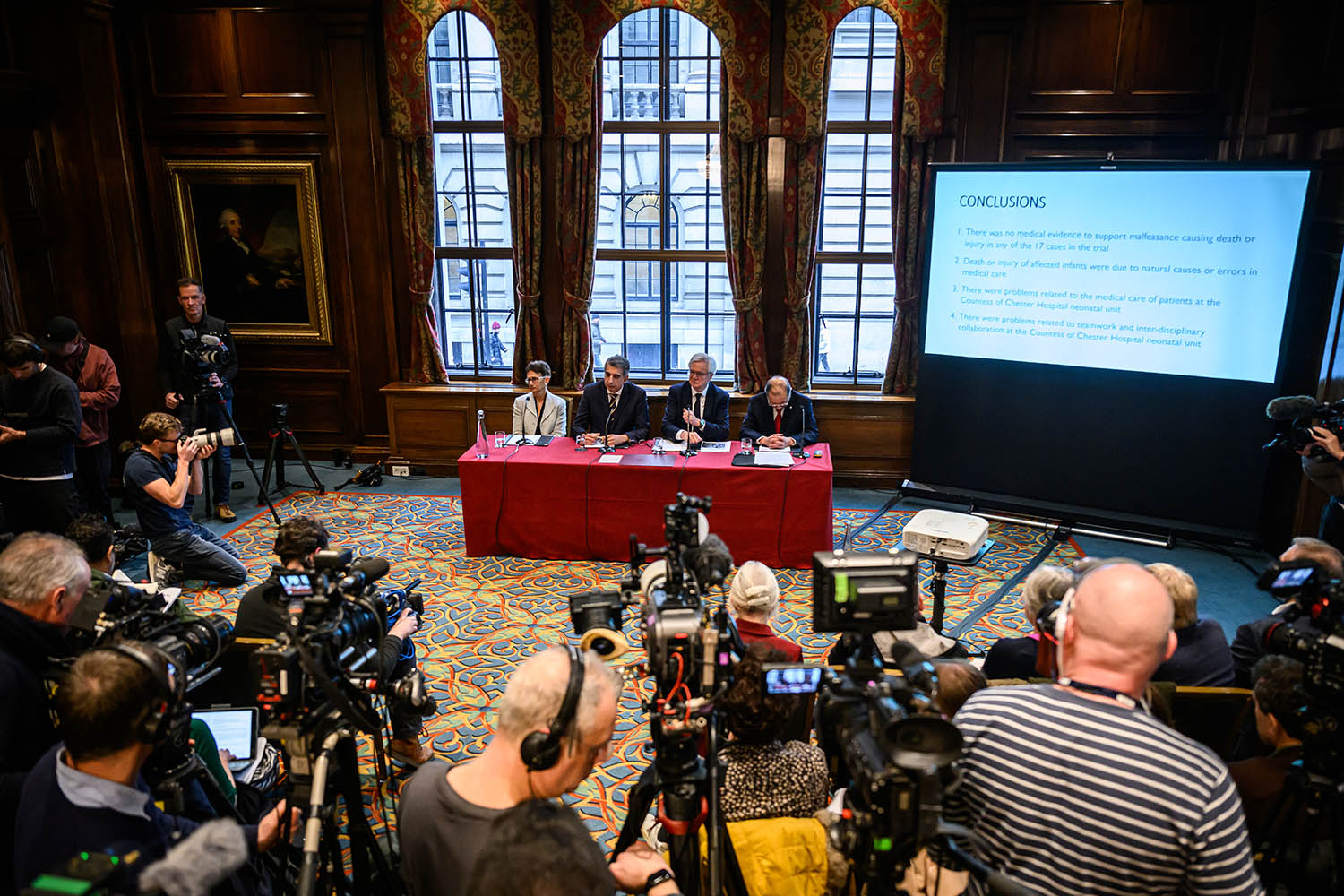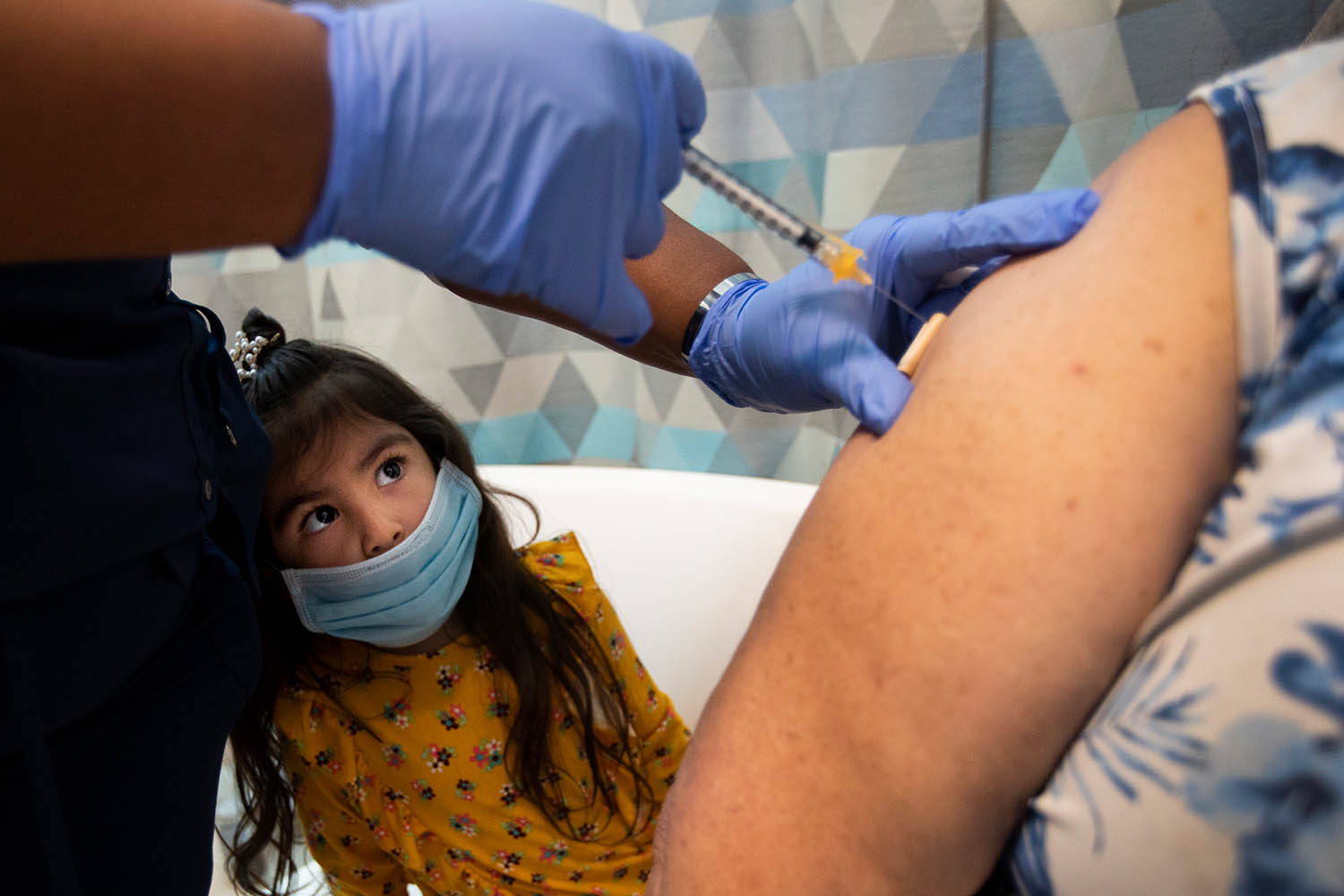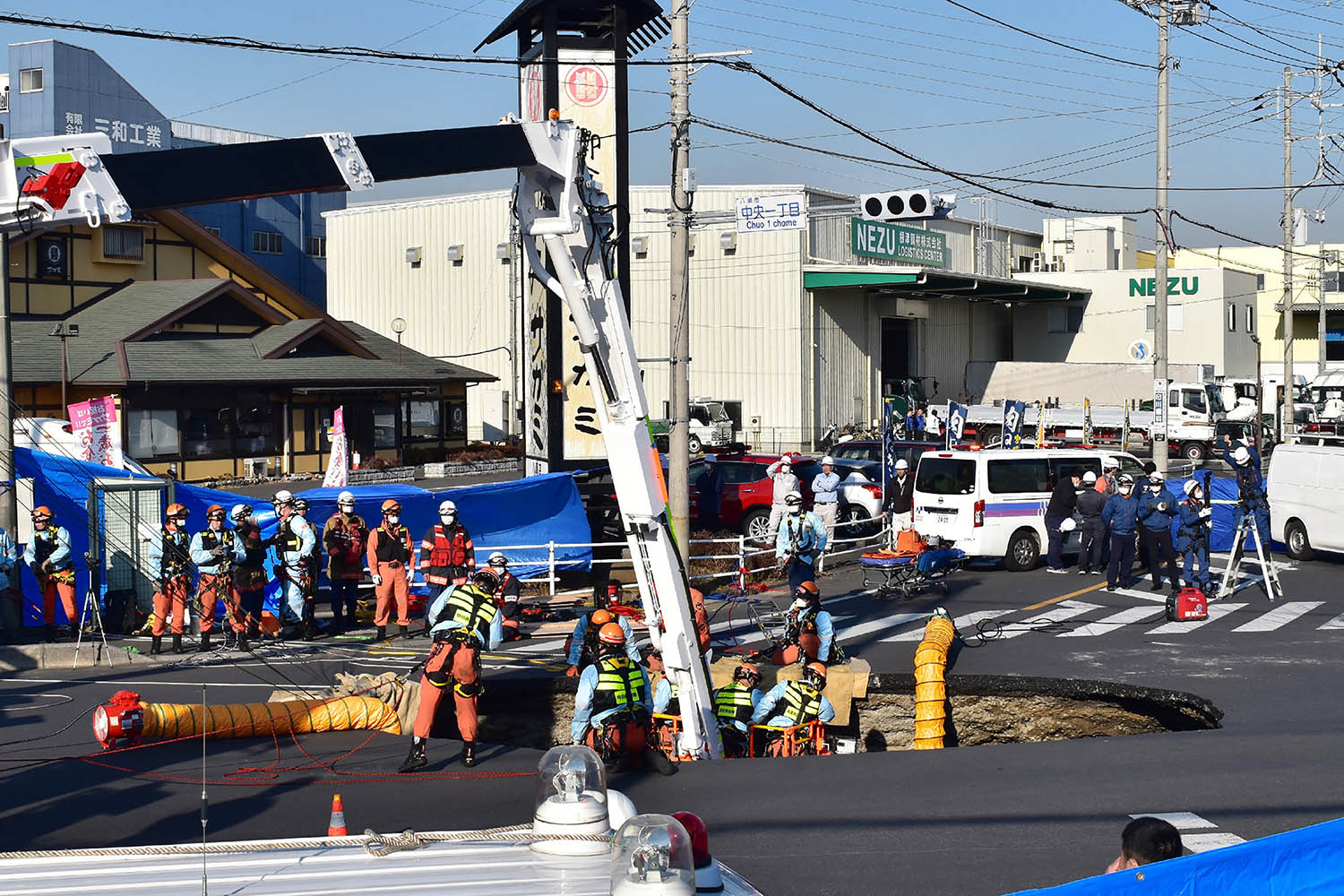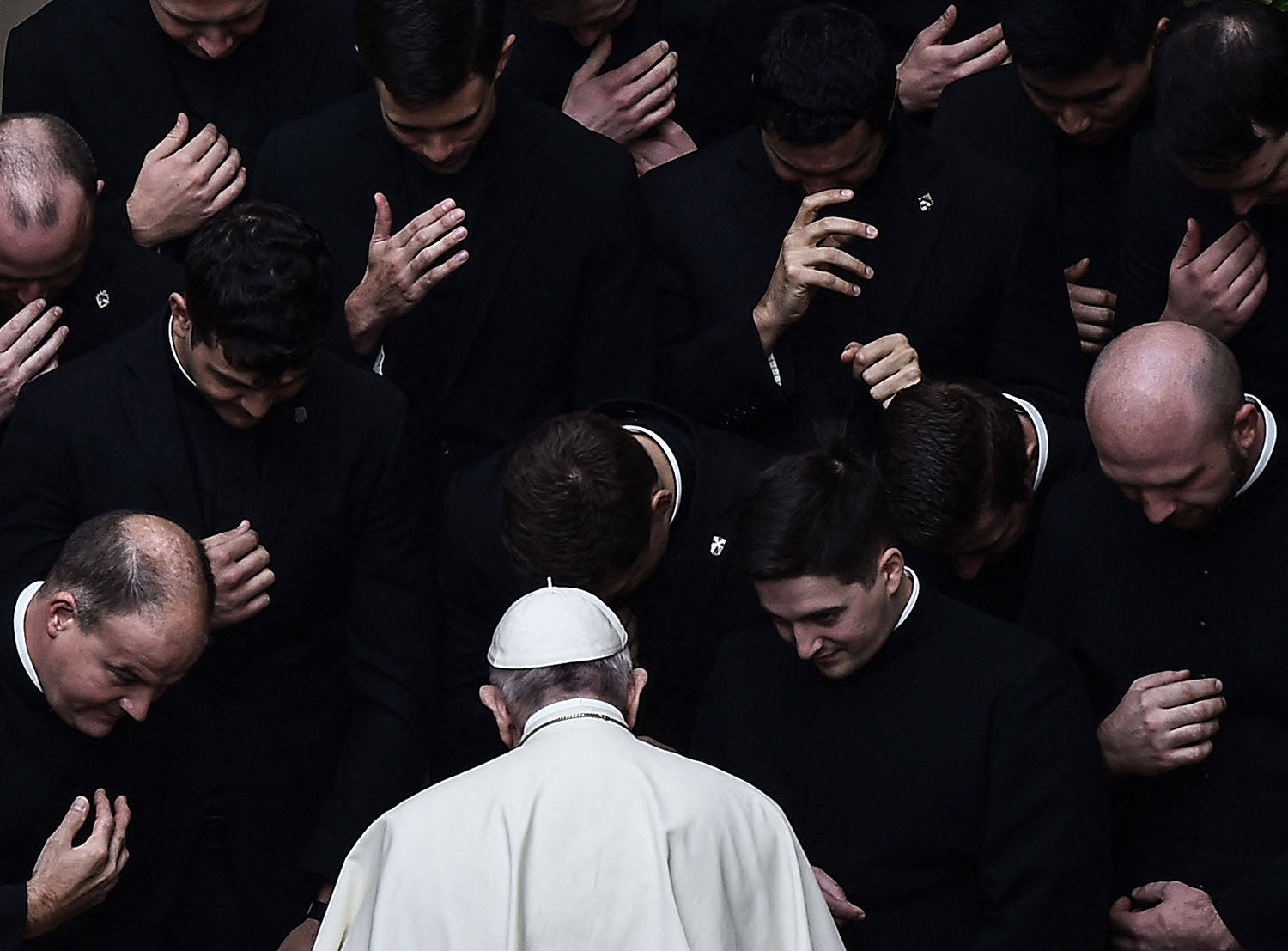
They point instead to signs of poor care at her hospital and natural causes
A panel of expert doctors says there is no medical evidence that Lucy Letby murdered or attempted to murder 14 premature babies.
So what? Medical evidence was crucial to the prosecution case at Letby’s trial, in which she was convicted and sentenced to 15 whole life terms. There is a chance now – albeit slim – that her case could be reconsidered.
Poor care? All the babies’ deaths were due to natural causes or ”just bad medical care,” Dr Shoo Lee, a Canadian neonatal care expert, told a press conference in Westminster yesterday.
New analyses of the deaths, led by Lee, contradict prosecution evidence presented at trial and raise questions about
- the reliability of the lead prosecution expert, Dr Dewi Evans;
- the quality of Cheshire Police’s investigation, which consulted Dr Evans; and
- whether the true cause of some of the deaths and injuries was a poorly run and underqualified NHS ward.
The UK body charged with investigating criminal miscarriages of justice is now considering Letby’s case (more below). But the expert panel’s findings are unlikely to increase her chances of leaving prison anytime soon.
To recap
- 35-year-old Letby was convicted for the murder and attempted murder of 14 babies in 2015 and 2016 when she was a neonatal nurse at the Countess of Chester hospital in northern England.
- The charges against her involved forced injection of air, dislodging of feeding tubes, poisoning with insulin, overfeeding with milk, and trauma.
- In April 2024, Letby’s appeal was turned down by senior judges. They also dismissed her defence’s claim that Evans was an unreliable expert.
The panel – convened by Lee and instructed by Letby’s lawyers – includes 10 neonatologists, three paediatrics experts, a senior neonatal intensive care nurse and an engineer who examined the cases of two babies found to have been poisoned with insulin. They weren’t paid for their work.
Why Lee? He wrote a 1989 paper cited by Evans to support a theory of deliberate harm caused by injecting air into a baby’s veins, and on learning of the Letby case was concerned his findings had been misused. "When I saw the evidence presented by the prosecution, I was disturbed,” Lee said yesterday. “It was incorrect.”
Lee said in all the cases in his paper air was injected into the babies’ arteries, not their veins, and that skin discolouration supposedly seen in some of the Countess of Chester deaths was not possible from veinal injection.
What’s new?
- The experts concluded that in all 17 cases examined at trial there was a plausible medical explanation of either natural causes or poor care.
- They said the evidence given to show Letby poisoned two babies with insulin was misinterpreted, inaccurate and “not of forensic quality”.
“If you are looking for the truth you don’t need to go any further,” Lee said.
What now? Mark McDonald, Letby’s new lawyer, said she “has hope”.
- Court of Appeal. In December, McDonald sought permission from the Court of Appeal for reconsideration of Letby’s two previously rejected applications. It’s unlikely to be granted.
- CCRC. The Criminal Case Review Commission confirmed it had received a preliminary application from McDonald. It aims to complete investigations within a year, but its main power is sending cases back to the appeal courts.
- Thirlwall Inquiry. There is an ongoing public inquiry into how Letby was allowed to continue working at the Countess of Chester Hospital. It will publish findings later this year, but its scope is predicated on Letby’s guilt.
- Parliament. Sir David Davis, the Conservative MP who led yesterday’s press conference, has already used parliamentary privilege to raise awareness of the case and called it “one of the major injustices of modern times”.
All of the above means that an incredibly public debate over Letby’s innocence or guilt will continue to rage. That debate is unlikely to make notoriously slow legal cogs grind faster.
Worth noting… the chair of the CCRC, Helen Pitcher, resigned last month following criticism of the agency’s failings in its handling of the case of Andy Malkinson, who spent 17 years in jail for a rape he did not commit.











